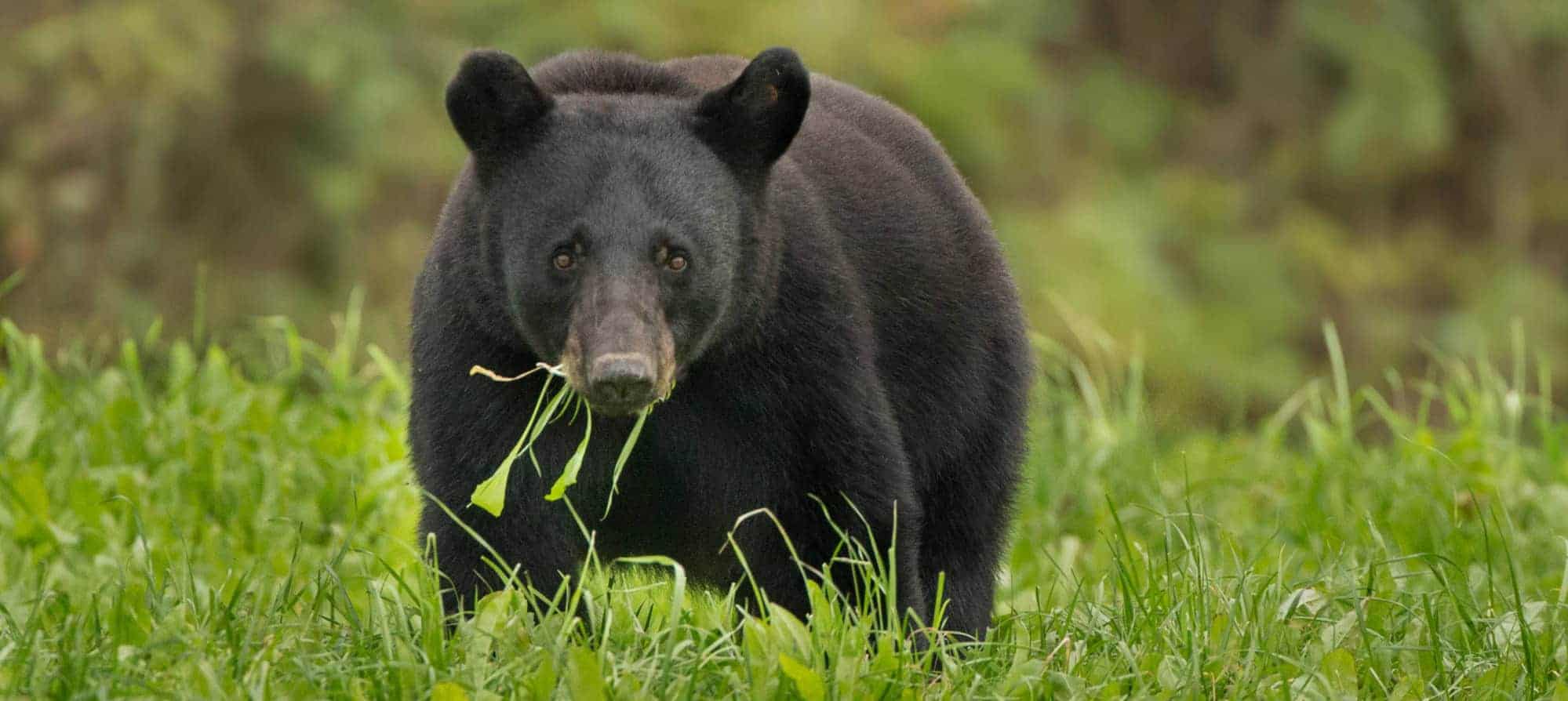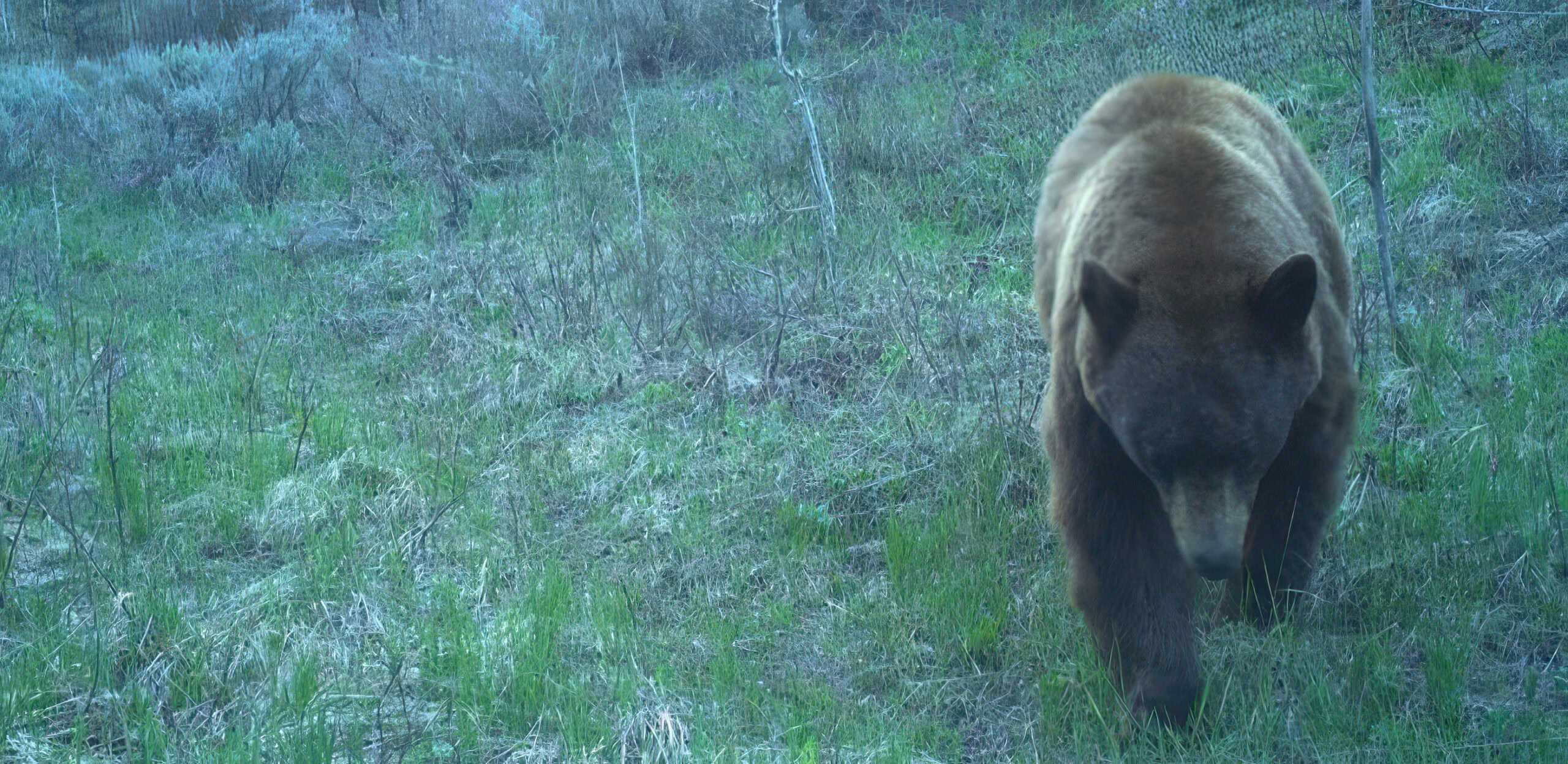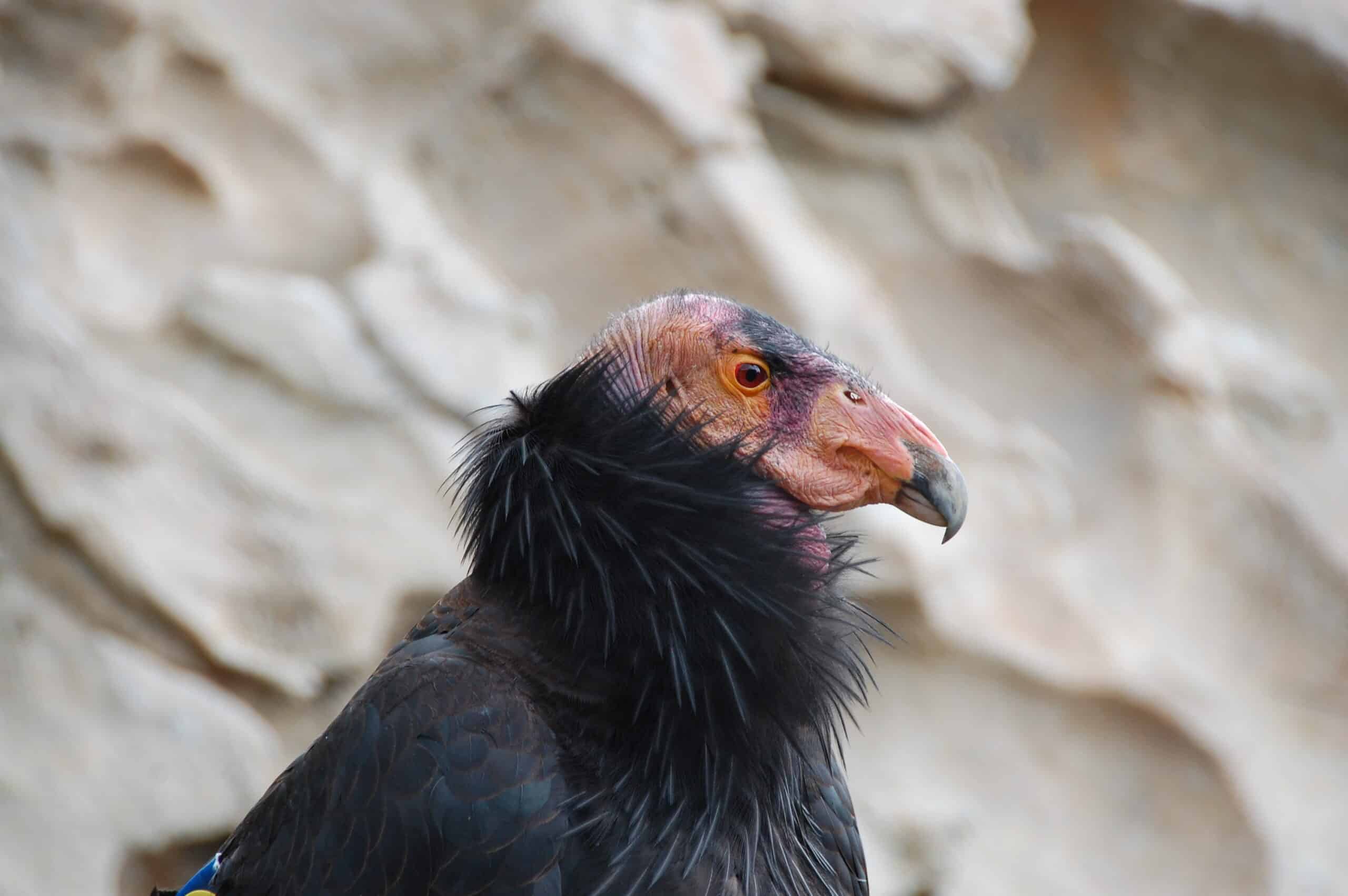Share this article
RAWA fails after being left out of spending bill
The Recovering America’s Wildlife Act met its end in Congress on Monday night after legislators left it out of the omnibus spending bill.
Despite broad bipartisan support that put it on the verge of passage, the landmark wildlife package failed in the end due to questions about its funding mechanism.
“It was extremely disappointing,” said Caroline Murphy, government relations manager for The Wildlife Society, who worked with an array of partners to try to pass the legislation. “But I don’t think it’s a reflection of the work completed by many chapters of TWS and other wildlifers throughout this Congress.”
RAWA would have authorized nearly $13 billion over 10 years to help states, territories and Tribes conserve at-risk wildlife and protect habitats.
The legislation—H.R. 2773 and S. 2372—gained supporters across the political spectrum, including Sen. Roy Blunt, R-Mo., and Sen. Martin Heinrich, D-N.M., and an array of conservation organizations.
In the end, it wasn’t the substance of the bill that killed it. Instead, lawmakers were unable to come to an agreement on the funding mechanism, despite a flurry of last-minute negotiations to keep RAWA included in the spending bill.
The funding plan called for applying new rules to cryptocurrency, which would bar investors from selling it at a loss and replacing it with the same investment within 30 days of the sale. The method was the latest of a variety of strategies offered this session to pay for the legislation, which advanced farther than it had in attempts in three previous sessions of Congress.
“The bipartisan desire to do at-risk species conservation work in a proactive way is very much there,” Murphy said. “It’s just really a matter of figuring out how to get the funding mechanism in a way that is palatable to all parties.”
RAWA supporters are hopeful they can bring the legislation back in front of lawmakers next session. While Blunt is retiring, other lawmakers who worked on RAWA remain, but the balance of Congress is shifting, with Republicans taking the majority on the House of Representatives.
“The bipartisan Recovering America’s Wildlife Act is the most important wildlife legislation in half a century, and we must find a way for it to pass,” said Collin O’Mara, president and CEO of the National Wildlife Federation, in a press release.
“Inaction is the ally of extinction, and we will continue to push tirelessly to ensure that the bill does not meet the same fate facing thousands of species of wildlife and plants,” he said.
Header Image: A Louisiana black bear (Ursus americanus luteolus) forages on Avery Island. Credit: Clint Turnage/USDA








